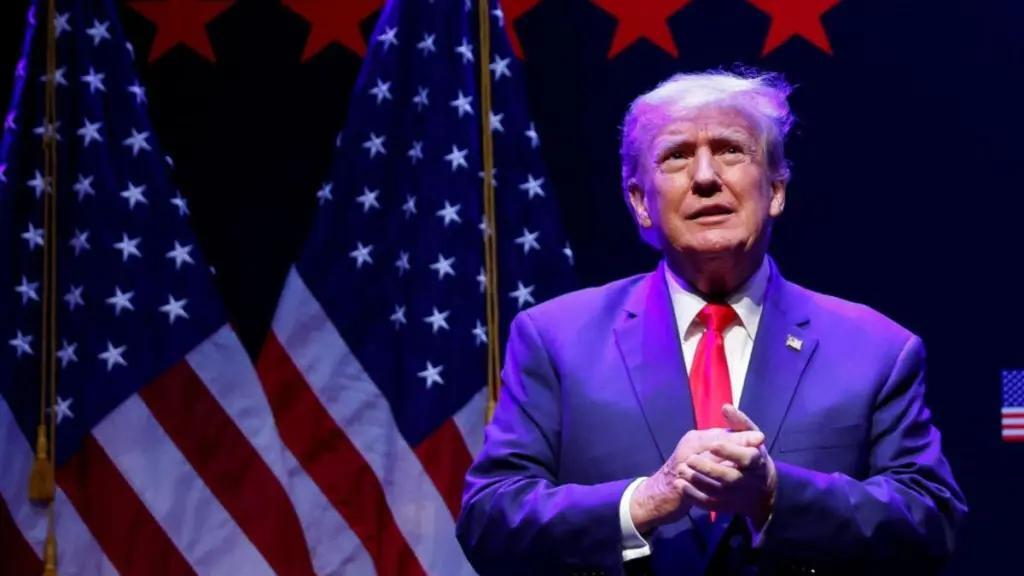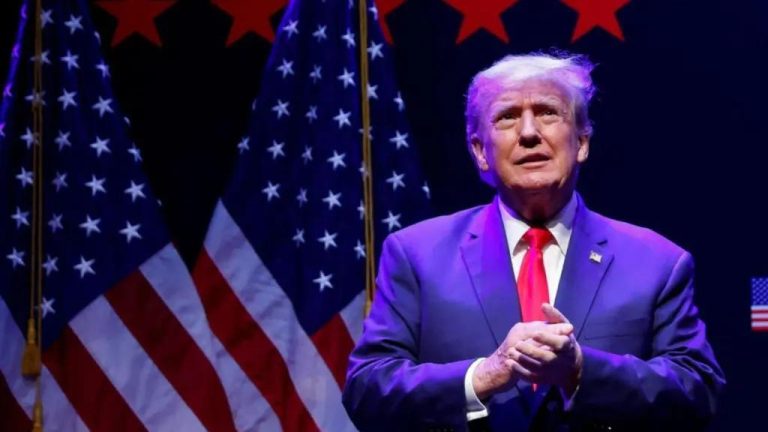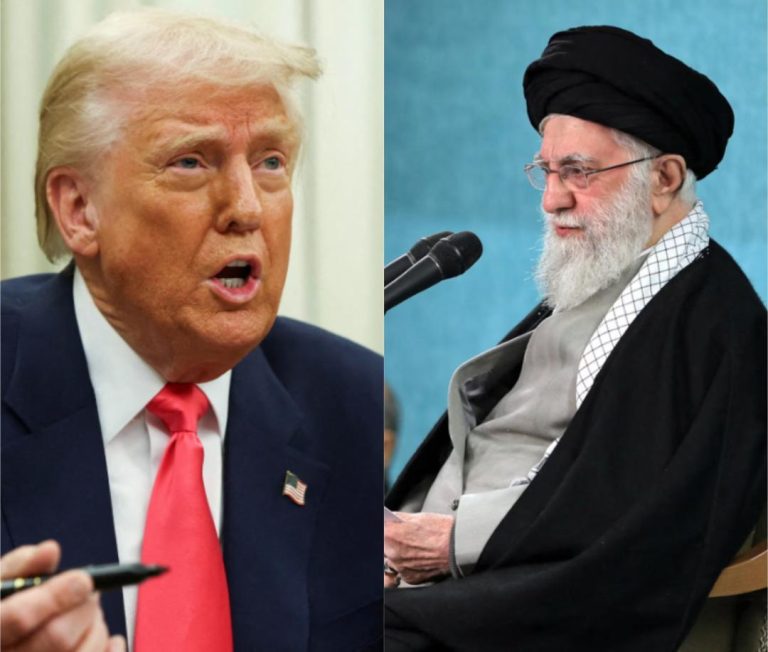
Donald Trump Exempts Smartphones & Computers from Reciprocal Tariffs
In a move that has sparked both relief and controversy, United States President Donald Trump has exempted smartphones, computers, and other electronic items from the reciprocal tariffs he imposed on Chinese goods. The decision comes amid concerns by tech giants, including Apple, that rising production costs could lead to increased prices for consumers.
According to a Customs and Border Patrol notice, the exemption will apply to a range of electronic products, including smartwatches, headphones, and gaming consoles. The news has been welcomed by industry leaders, who had been bracing for the impact of the tariffs on their bottom lines.
The reciprocal tariffs, which were imposed in September, aim to reduce the massive trade deficit between the US and China. The tariffs, which have been set at a rate of 25% for most goods, have been widely criticized by business leaders and economists, who argue that they will do more harm than good to the US economy.
In a statement, the US Customs and Border Protection agency said that the exemption would apply to electronic products that are “essential to the US economy and critical infrastructure.” The agency emphasized that the decision was made in consultation with industry stakeholders and was intended to minimize the impact of the tariffs on consumers.
The news has been welcomed by tech giants, including Apple, which had been warning that the tariffs could lead to significant price increases for consumers. In a statement, an Apple spokesperson said that the company was “pleased” that the exemption had been granted, and that it would allow the company to maintain its competitive pricing in the US market.
The exemption has also been welcomed by other tech companies, including Microsoft and Google, which had been concerned about the impact of the tariffs on their businesses. In a statement, a Microsoft spokesperson said that the company was “grateful” for the exemption, and that it would allow the company to continue to invest in the US economy.
While the exemption has been welcomed by many in the tech industry, some critics have argued that it is a misguided move that will only serve to benefit large corporations at the expense of small businesses and consumers. In a statement, a spokesperson for the National Retail Federation said that the exemption was “unfair” and that it would create an uneven playing field for retailers.
“The exemption for electronic products is a clear example of how the Trump administration is picking winners and losers in the trade war,” said the spokesperson. “It’s unfair to single out certain products for special treatment, and it will only serve to benefit large corporations at the expense of small businesses and consumers.”
The exemption has also raised questions about the impact of the tariffs on China’s economy. China has been the world’s largest exporter of electronic products, and the tariffs have been seen as a major blow to the country’s manufacturing sector.
In a statement, a Chinese foreign ministry spokesperson said that the exemption was “a step in the right direction,” and that it would help to reduce tensions between the US and China. However, the spokesperson also emphasized that China would not back down from its demands for a trade deal, and that it would continue to take measures to protect its interests.
The exemption is the latest development in a long-running trade war between the US and China. The conflict has seen both sides impose tariffs on hundreds of billions of dollars’ worth of goods, and has raised concerns about the impact on global trade and economic growth.
In conclusion, the exemption of smartphones, computers, and other electronic items from the reciprocal tariffs is a significant development in the ongoing trade war between the US and China. While it has been welcomed by tech giants and consumers, it has also raised concerns about the impact on small businesses and the overall economy.
As the trade war continues to unfold, it remains to be seen whether the exemption will have a lasting impact on the global economy. One thing is certain, however: the conflict has already had significant consequences for businesses and consumers around the world, and it is likely to continue to shape the global economy for years to come.
Source:




